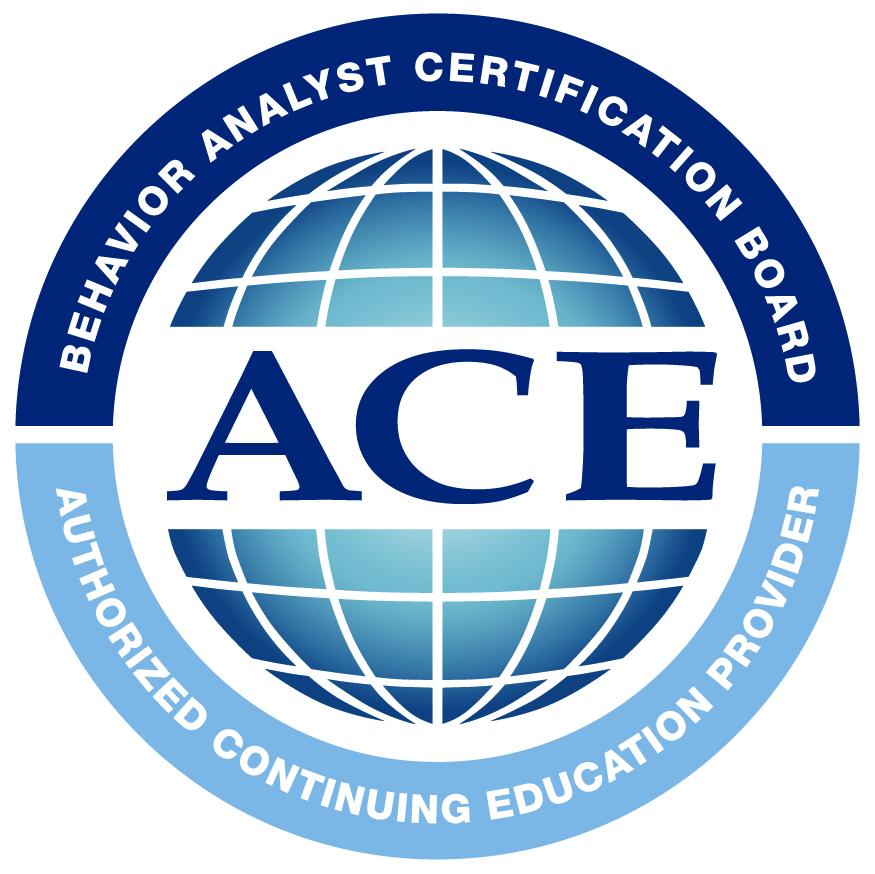Tim Hortons owner to share his story at B.C. event Oct. 2
Michelle Strutzenberger
Having employed more than 80 people who have a disability over the last 17 years, Tim Hortons owner Mark Wafer has become an active champion of inclusive hiring. He cites a range of financial benefits including lower turnover, higher productivity and quality work. PosAbilities Today caught up with Mark recently to discuss what’s resonating for him today on this front and what needs to happen next.
Your story of hiring people who have a disability has been an inspiration to many. As you continue to bring this message of the value of inclusive hiring, what’s resonating more true than ever before for you?
Mark: We are experiencing a tidal wave of change in the matter of inclusive employment. Corporations are beginning to see that there are tangible benefits in including Canada’s largest minority group in meaningful and competitively paid positions. Change is coming and this momentum is the reason I continue to push companies to get involved. No more getting ready or looking at best practices. Just do it.
Corporations are seeing a difficult future in the labour market with fewer skilled and job-ready potential employees to choose from. The labour market is shrinking yet the unemployment rate for people who have a disability is still well over 50 per cent and perhaps as high as 70 per cent.
Companies now realize they need to look beyond traditional talent-hunting initiatives and focus more on the hugely talented, educated and motivated pool of skilled workers who have a disability but are not employed. This lack of future labour is one of the keys to solving the unemployment rate for people who have a disability, but the No. 1 barrier continues to be the wholesale buy-in of a series of myths and misperceptions regarding inclusive employment.
What’s possible now that wasn’t possible before?
Mark: For forty to fifty years, the message from government, social services, community partners and even consultants has been that we need to find ways to “look after those people”. We see those with disabilities as objects of pity that deserve our help.
Thankfully, this is changing and society and people who have a disability demand that those with disabilities live a full life, to their full potential. This can only be achieved by holding a meaningful and competitively paid job.
The difference in only the past few years is astounding. The expectations of people who have a disability, especially students, is changing. They expect what we all expect — a full and rewarding life.
Just a few years back, this mindset was not possible. Today in Ontario alone there are 43,000 post-secondary students with disabilities; they demand action.
What needs to happen next in terms of the general workplace ecology and hiring people who have a disability?
Mark: The next big step is going to be the shift in corporate Canada’s mindset that people who have a disability are a valuable asset to business rather than a difficult and expensive demographic. Education will be the key to this. This is why I need to keep talking about the business and economic benefits of both inclusive employment and real retail accessibility.
How do you anticipate being involved going forward
Mark: Going forward there is still a lot of work to do in Canada but other countries have started to take notice. Australia and the U.S. have grasped the business case with varying success. The U.K. has been the leader with the best outcomes of us all but Canada is right there, poised to make big changes as long as we keep pushing. Other countries, even developing nations, are beginning to see that employment for people who have a disability changes lives and creates real value for families. My role going forward will be international. I am asked to speak very often and some of those requests are beginning to come from foreign countries.
A report I helped produce last year “Rethinking Disability in the private sector” is now being published in Europe.
Change is coming, we need to be ready.
Mark is a keynote speaker at a Maple Ridge event Oct. 2, titled The Financial Benefits of an Inclusive Workplace: How you can lower the costs of recruitment and retention and gain higher revenues while reaching a wider customer base.
The event is hosted by the Rotary Clubs of Fraser Valley and The LAST Committee, which is comprised of local and provincial organizations, including posAbilities, committed to raising awareness of the importance and value of fully inclusive workplaces in BC.
You can comment on this story below, or e-mail michelle(at)axiomnews.ca.










